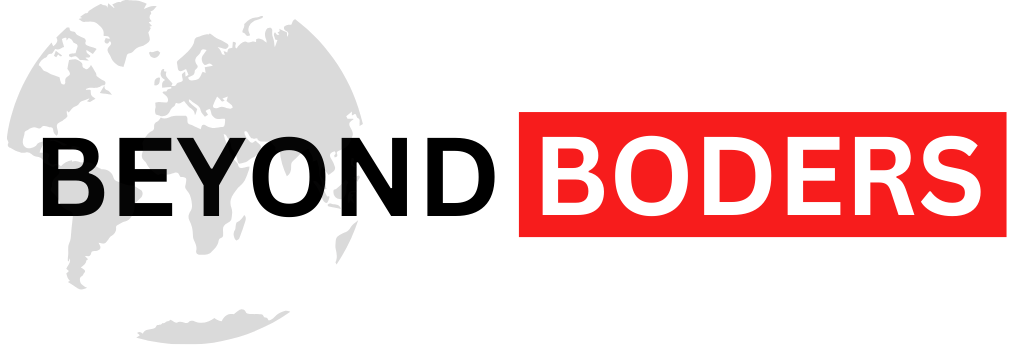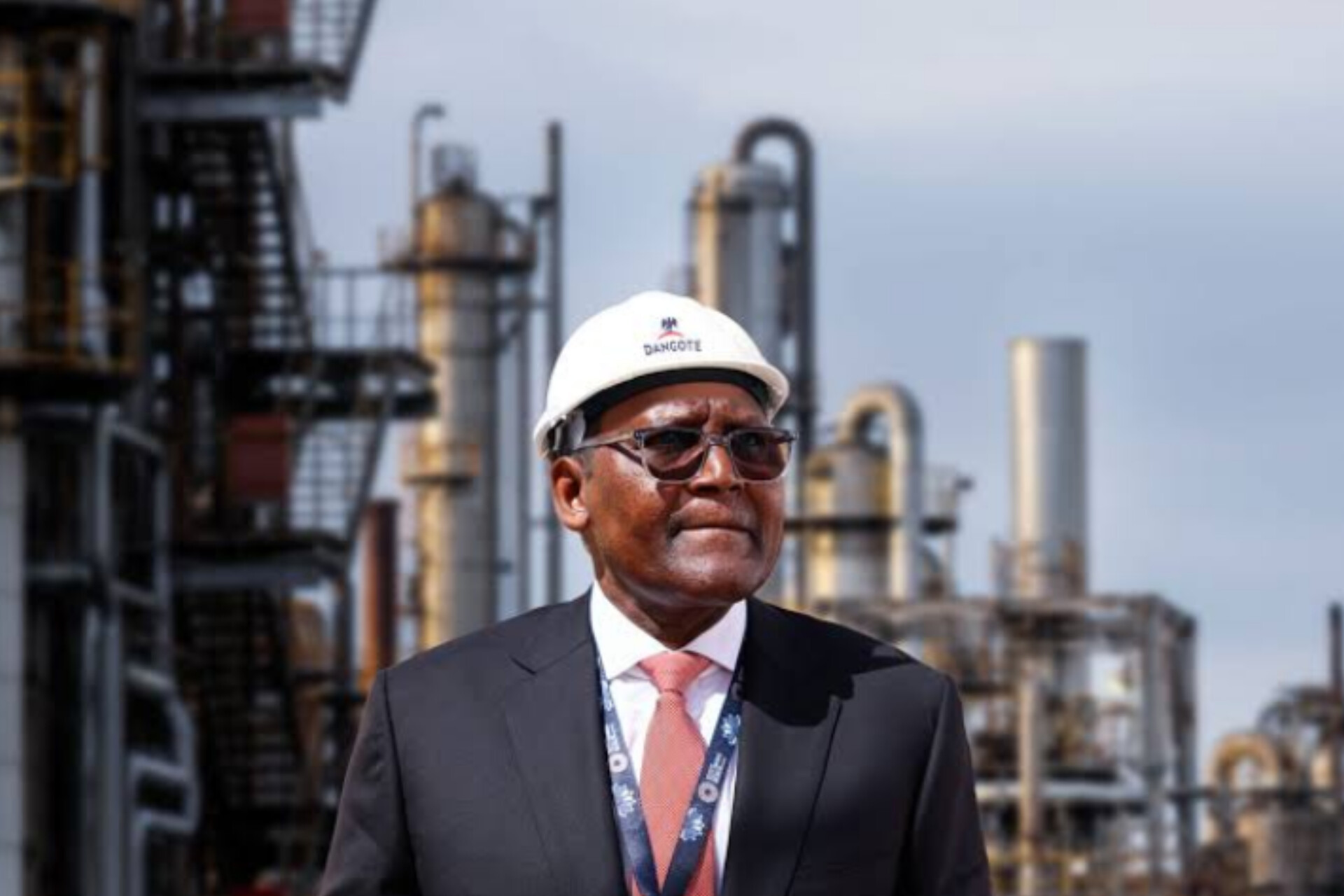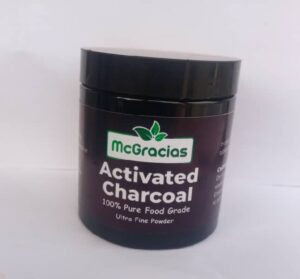Oil marketers in Nigeria may start importing petrol due to delays in talks between the Nigerian National Petroleum Company Limited (NNPCL) and Dangote Petroleum Refinery.
The NNPCL recently announced that it would only buy petrol from Dangote if the market prices were higher than Nigeria’s pump prices.
NNPCL also stated that Dangote and other refineries could sell directly to any marketer under a willing buyer, willing seller arrangement.
This goes against what Dangote Group President Aliko Dangote said earlier, as he claimed that NNPCL would be the sole buyer of his refinery’s petrol.
Oil marketers have responded by saying they will buy petrol from the cheapest source, whether locally or through imports. Mustapha Zarma, National Operations Controller of the Independent Petroleum Marketers Association of Nigeria (IPMAN), said they might contact Dangote’s refinery soon to check prices. If Dangote’s price is competitive, they will consider buying from him alongside NNPCL’s supply.
“We have not contacted Dangote for now, but we may contact the refinery’s sales department this week to find out the price.
“If the price is competitive enough for one to buy and get his return on investment and the required margin, then we wouldn’t mind purchasing directly from him to complement what NNPC is bringing in or what NNPC would buy from Dangote,” Zarma stated.
The Federal Government and NNPCL’s stance that Dangote’s refinery would sell at market prices, without subsidies, means oil marketers can look for cheaper sources, whether locally or abroad.
Industry experts suggest that the government’s refusal to fully commit to buying Dangote’s petrol indicates that fuel importation may continue.
Despite Nigeria being Africa’s largest oil producer, the country still relies heavily on imported petroleum products due to low refining capacity.
Beyond Boders further reports that marketers, including the IPMAN, stated that competition would determine petrol prices, just like it currently does with diesel. If import prices are lower, marketers will import; if Dangote’s prices are lower, they will buy locally.
President Bola Tinubu recently instructed that crude oil be sold to Dangote and other domestic refineries in naira to reduce Nigeria’s reliance on foreign exchange for fuel imports. This move aims to save the country about $7.3 billion annually.
For now, the uncertainty between NNPCL and Dangote means that fuel importation is likely to continue, and the market will be driven by competition and the forces of supply and demand.




